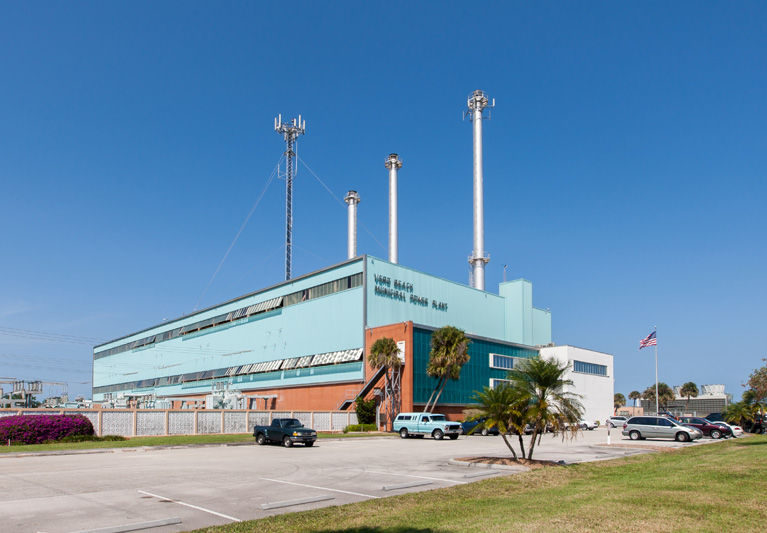
As the calendar rolls over to 2017 and the Vero Beach electric saga moves into its eighth year, Florida Power & Light and city officials are closely examining the nuts and bolts of a sales agreement that Indian River Shores residents hope will finally set them free from Vero’s high electric rates.
But some key details still need to be worked out before a final sales agreement is inked, and Councilmen Tony Young and Dick Winger have raised questions about one clause in the letter of intent presented by FPL and approved by the city – a provision stating that Vero would pay for its share of the costs of splitting up the electric system.
The technical reality of the partial sale is that Vero current brings power into the Shores from the south, but FPL would eventually need to reconfigure its transmission system in the Shores to bring power in from the north barrier island where it already has customers.
Through 2020, FPL would pay Vero the going rate to “wheel” power to the Shores over Vero’s transmission lines while it makes changes and upgrades to its infrastructure to integrate the newly acquired Shores customers into its system.
Now, however, the Vero Council wants reassurance that mending the severed system after the Shores customers are carved out won’t cost Vero’s remaining electric customers anything extra. Young said he wanted assurance that the $30 million FPL is offering would be the city’s net gain after any costs incurred to unplug the Shores from Vero’s utility.
Shores Councilman Bob Auwaerter, who represents the town’s ratepayers on Vero’s Utilities Commission, called the disconnection matter a “red herring” and said city officials may be trying to get FPL to shoulder the cost of pre-planned technical upgrades to improve the city utility’s flagging reliability statistics, referring to published consultant recommendations that Vero invest $21 million in the short-term to catch up on deferred capital projects.
“They were talking about upgrading the system long before this, so to tie these potential upgrades [and claim] that it’s impacted by the sale, that’s ridiculous,” Auwaerter said. “The city manager said they deferred lots of maintenance of the system because they thought they were going to be able to complete the full sale of Vero electric to FPL.”
The executed letter of intent approved by the Vero Beach City Council earlier this month gives FPL until March to come back with a detailed purchase and sale agreement for Vero to consider.
During the intervening months, FPL and the city technical staff will meet to map out exactly what needs to be done to surgically separate electric infrastructure in the Shores from Vero’s system on the rest of the barrier island. Negotiating who pays for what will be one of the first challenges of Vero’s new transactional attorney who, as of press time, had not been selected.
Another potential hitch in the sale process cropped up in the past week or two as staunch anti-sale residents and former city officials floated the idea that voters need to weigh in via referendum on the sale of the Shores customers and assets, despite the fact that there is no legal requirement for that action. Other anti-sale folks have suggested Mayor Laura Moss and Councilman Lange Sykes should be recalled from the council seats they won in November in order to stop a sale.
Either of those citizen initiatives would encounter steep hurdles set forth by Florida Statute: To set a referendum or a recall election in motion, sale opponents would have to get 1,167 registered voters – 10 percent of the Vero electorate – to sign a petition in favor of either the referendum or recall.
If the protesters cleared that hurdle, a special election would need to be called and paid for by city taxpayers; and in the case of a recall, Moss and Sykes would be afforded the chance to counter the recall effort in a lengthy and archaic process designed to prevent personal vendettas from removing duly-elected public officials.
Statutory reasons for removal from office are limited to malfeasance, misfeasance, neglect of duty, drunkenness, incompetence, permanent inability to perform official duties or conviction of a felony involving moral turpitude, none of which seem to apply in this case.
The last recall effort in 2013, mounted by a citizen who was upset with then-Mayor Craig Fletcher and then Vice Mayor Tracy Carroll’s behavior and demeanor toward certain members of the public, failed to gain the support needed.



